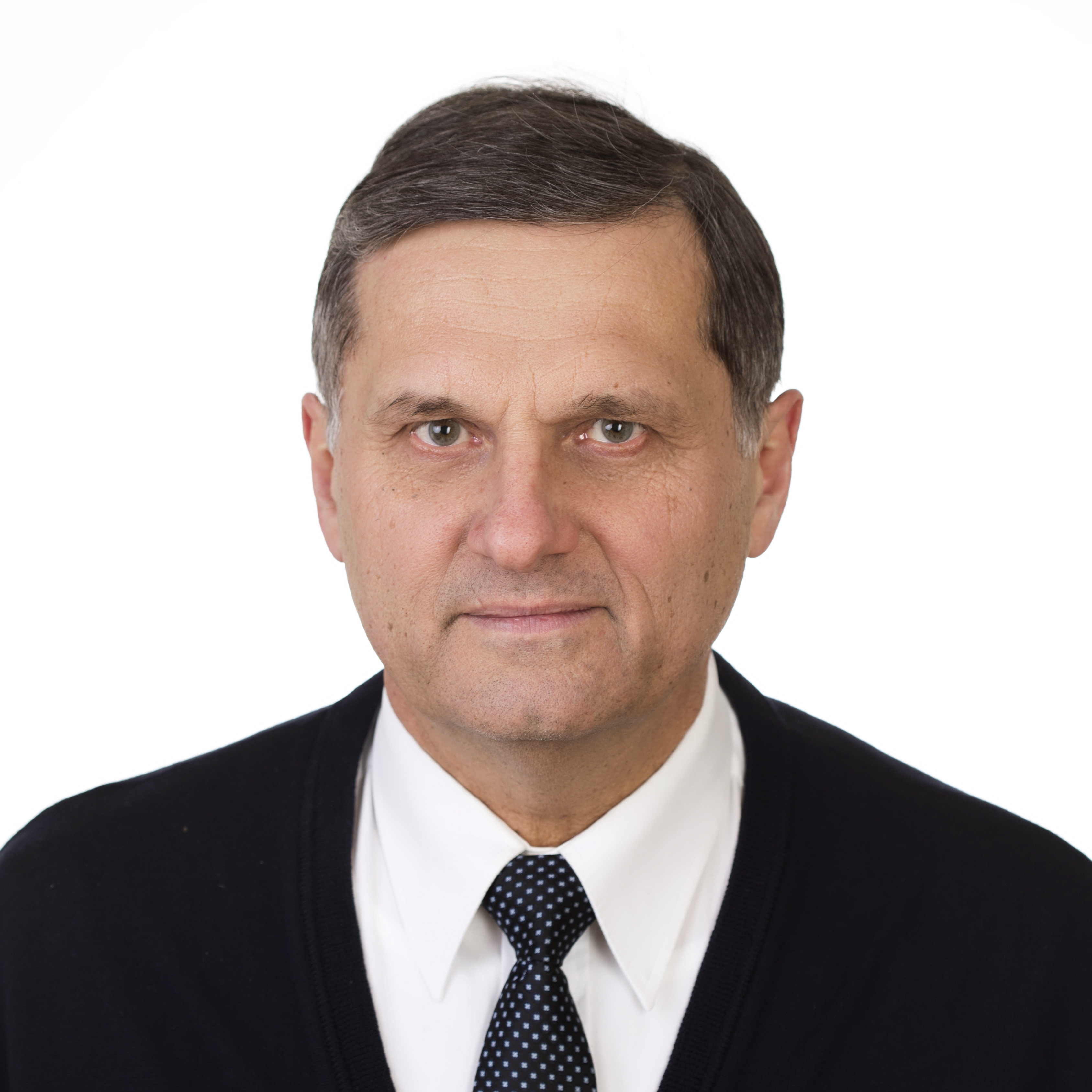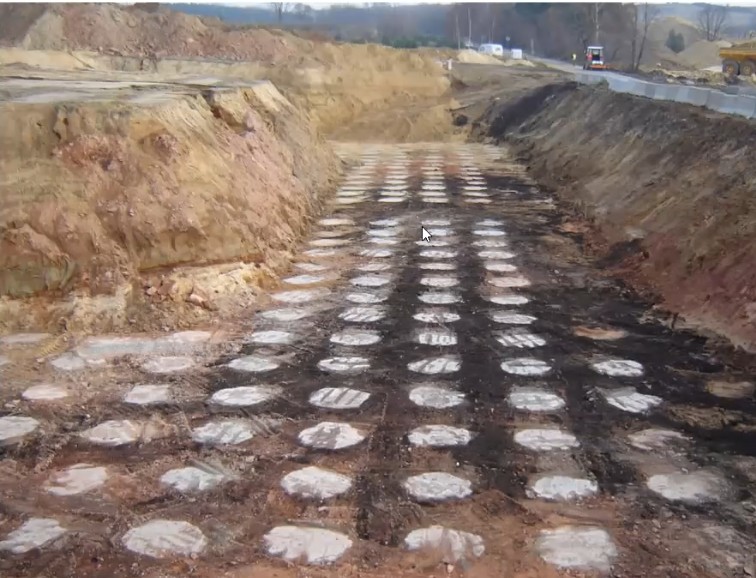
Prof Michal Topolnicki, Senior Technical Advisor and Professor Emeritus at Gdansk University of Technology, retired Keller Director for Large Projects
Professor Michał Topolnicki is a distinguished expert in ground engineering and ground improvement. He earned his degree from the Faculty of Hydro-Engineering at the Gdańsk University of Technology in 1974, followed by a PhD from the same institution in 1982. From 1982 to 1987, he served as a research fellow at the Institute of Soil and Rock Mechanics in Karlsruhe, Germany, contributing to advancements in the field. Returning to Poland, Professor Topolnicki held key academic leadership roles at TU Gdańsk, serving as Vice-Dean and Dean of the Faculty of Hydro-Engineering between 1990 and 1996, and later as Head of the Marine Civil Engineering Department from 2002 to 2007. His expertise extended into industry when he joined Keller in 1996, where he played a pivotal role in the development of Keller Poland. His leadership continued as North-East Europe Manager from 2007 to 2013 and as Director for Large Projects from 2013 to 2015. Following his retirement, Professor Topolnicki remained active in academia and industry, serving as a senior technical advisor and professor emeritus at his alma mater. An accomplished author and researcher, he has co-authored four books and published approximately 200 scientific papers. Since 1989, he has been a professional engineer, designing and consulting on numerous geotechnical projects in Poland and internationally. Professor Topolnicki has also made significant contributions to the global geotechnical community. He co-chaired two international conferences on Deep Mixing in 2021 and 2024 and delivered ISSMGE TC-211’s prestigious 4th Louis Menard Lecture.


![Comportement axial des pieux sous conditions extrêmes {"category":"honour_lecture","subjects":["Deep Foundations"],"number":"CC101","instructors":["Alain Holeyman"]}](/asset-v1:ISSMGE+CC101+2017+type@asset+block@Cover.jpg)
![Estimating Capacity of Offshore Foundations (First ISSMGE McClelland Lecture) {"category":"honour_lecture","subjects":["Deep Foundations", "Offshore Geotechnics"],"number":"HML101","instructors":["James D. Murff"]}](/asset-v1:ISSMGE+HML101+2012+type@asset+block@hml101_Page_01.jpg)
![Field-scale Implementation of EICP and What Comes Next {"category":"webinar","subjects":["Deep Excavations", "Deep Foundations"],"number":"TC211-14","instructors":["Kimberly Martin"]}](/asset-v1:ISSMGE+TC211-14+2025+type@asset+block@Picture1.png)
![Foundations {"category":"course","subjects":["Instrumentation","Deep Foundations","In-situ Testing","Geothermal","Energy Geotechnics","Offshore Geotechnics"],"number":"VU-EE","instructors":["F Rausche","H Poulos","L Laloui","MJ Cassidy"]}](/asset-v1:ISSMGE+TC212-001+2016+type@asset+block@Laloui-Thermo-Active-Foundations.jpg)
![Risk-Mitigation, Monitoring & Observational Methods {"category":"course","subjects":["Risk and Reliability","Foundation Design Construction","Leeves","Erosion","Instrumentation","Landslides","Deep Excavations","Earth Retaining Structures","Numerical and Constitutive Modelling"],"number":"VU-RMOM","instructors":["Jean-Louis Briaud","Zenon Medina-Cetina","Marco Uzielli","An Bing Huang","Marc Ballouz"]}](/asset-v1:ISSMGE+VU-002+2016+type@asset+block@ballouz-webinar.jpg)